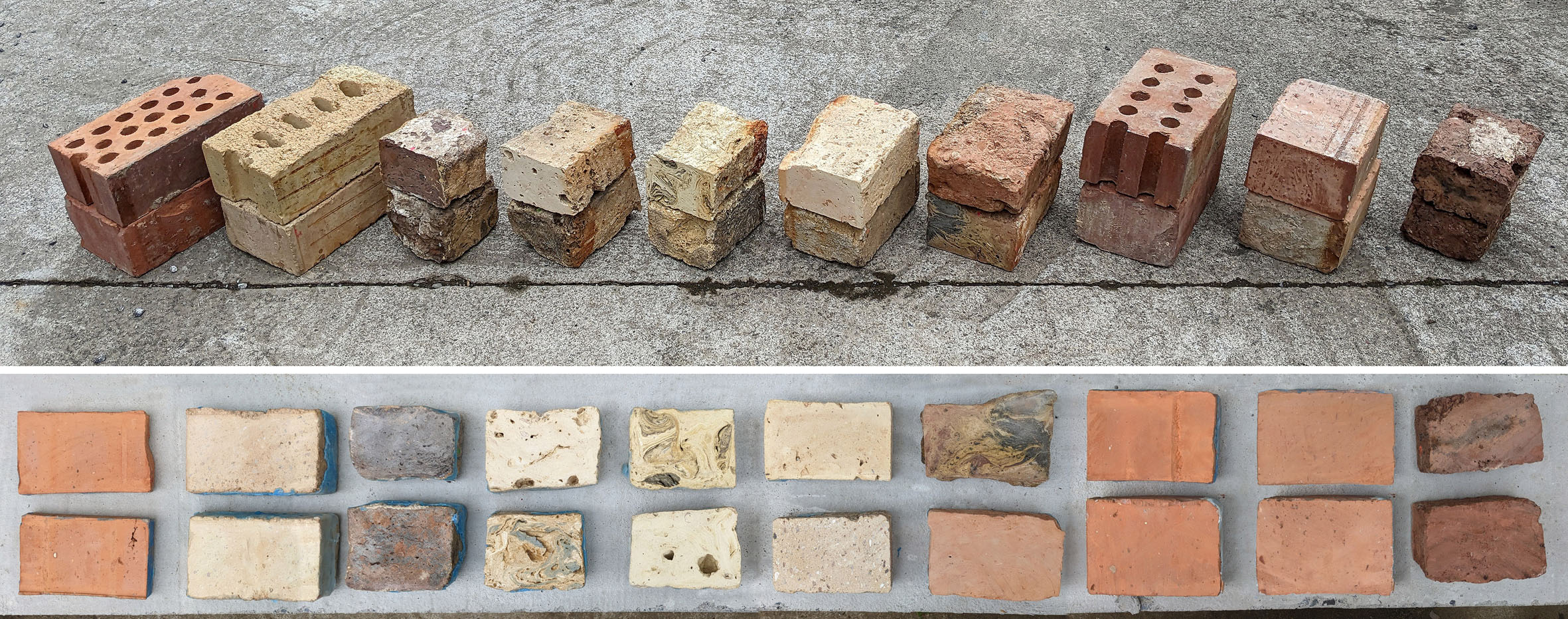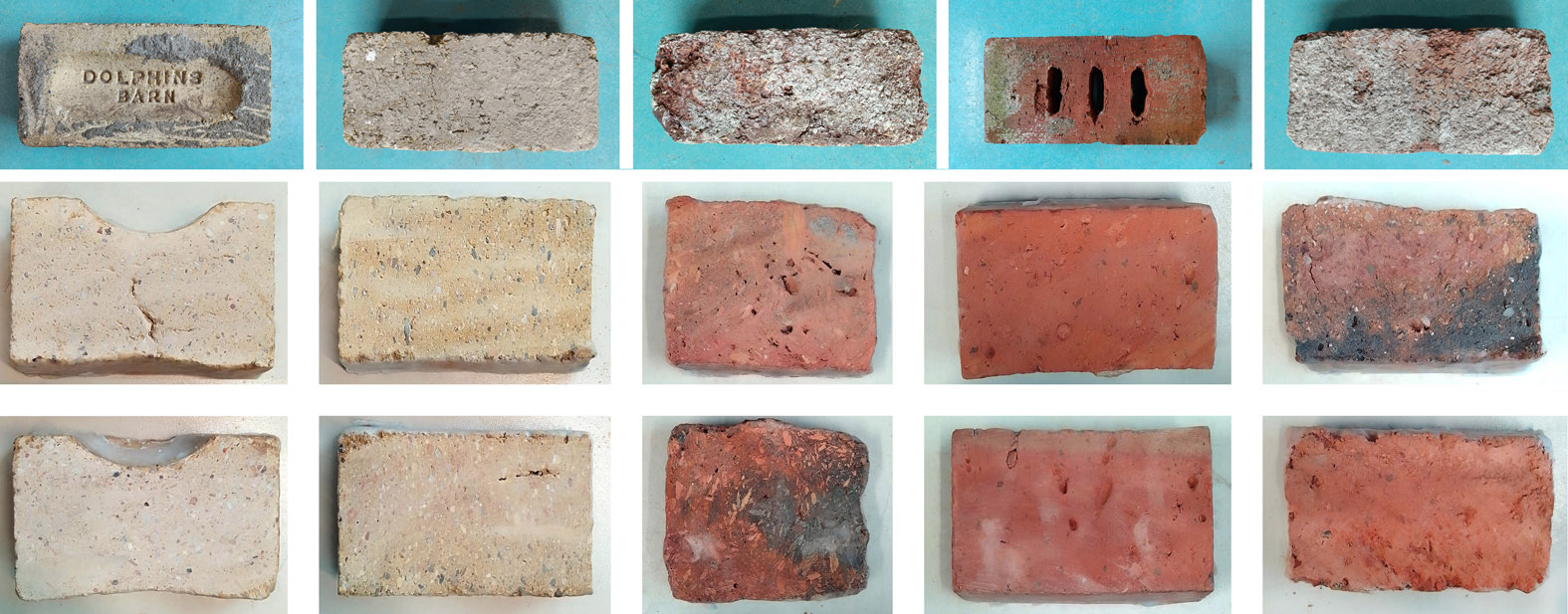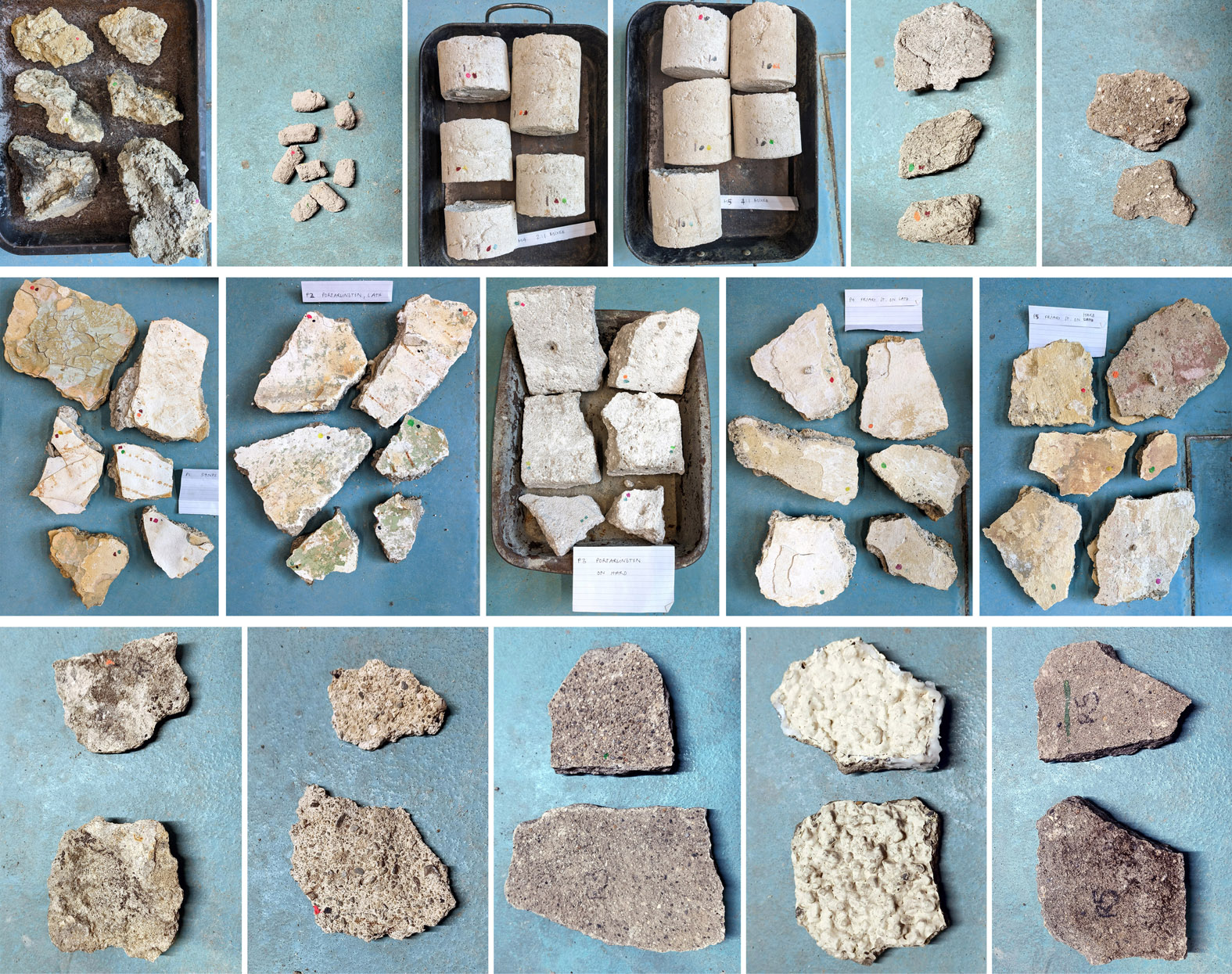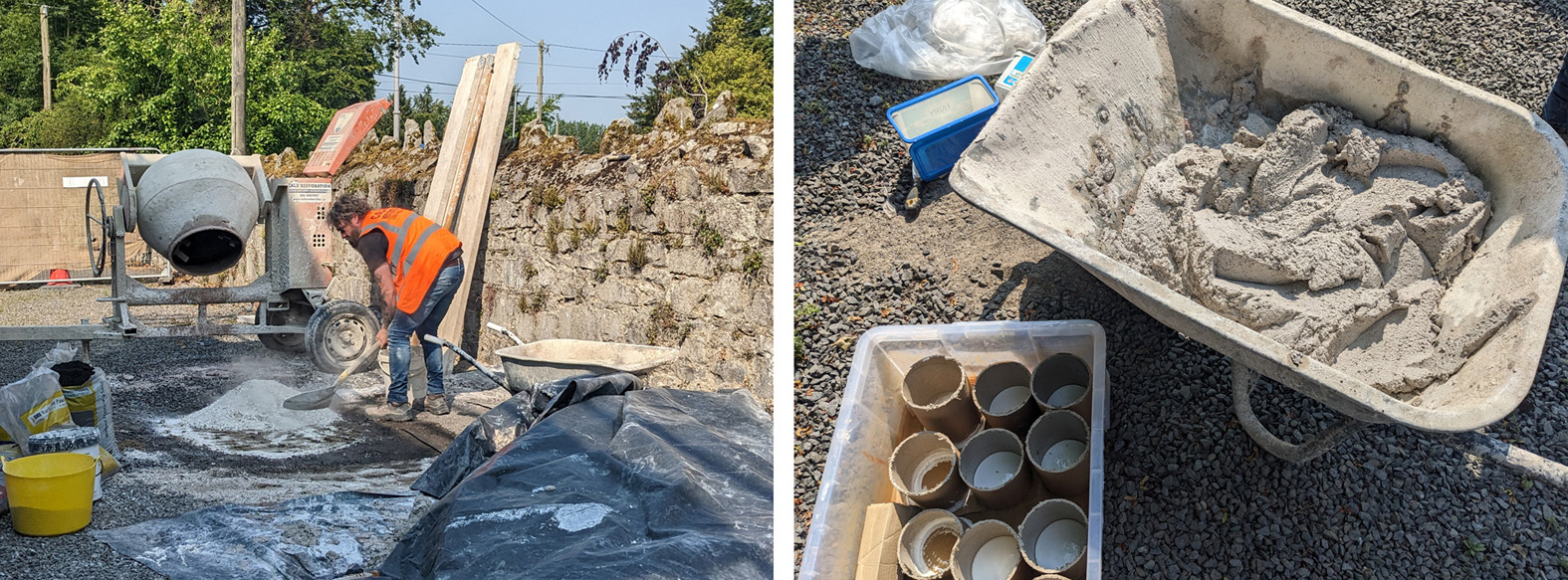Publications
Journal papers
- (opens in a new window)Hygrothermal properties of Irish stones
- (opens in a new window)Hygrothermal properties of traditional Irish bricks
- (opens in a new window)(Pre-print) Hygrothermal properties and behaviour of historic mortars, plasters and renders
- (opens in a new window)Impact of water repellents
- (opens in a new window)Hygric behaviour of historic and newly fabricated lime-based mortars, plasters and renders
Conference papers
- (opens in a new window)Impact of material properties and boundary conditions on hygrothermal simulation outcomes (traditional solid brick construction)
- (opens in a new window)Impact of material-specific data for Irish granite on simulation outcomes
- (opens in a new window)Impact of material-specific data for Irish and UK limestones on simulation outcomes
- (opens in a new window)Impact of material-specific data for Irish sandstones on simulation outcomes
- (opens in a new window)Impact of material-specific data for Irish bricks on simulation outcomes
- (opens in a new window)Karsten tube testing (Irish bricks) to assist material selection
- (opens in a new window)Impact of paint on hygrothermal performance of traditional solid walls
- (opens in a new window)In-situ U-values of Traditional Solid Masonry and Early Mass Concrete Walls in Ireland: Results from the FabTrads and Built to Last Projects
- (opens in a new window)Thermal conductivity testing of a range of Irish traditional bricks using Transient Line Source methodology
PhD thesis Anna Hofheinz





